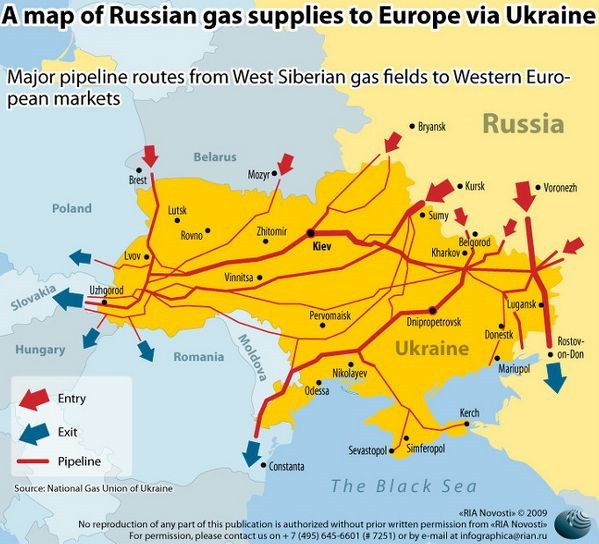WINDWARD : Dark activity & deceptive shipping – lessons from the Russia-Ukraine conflict

From Hope to Cope in 2022
Report: WINDWARD
It is now hard to believe, but the beginning of 2022 offered hope…
The world finally seemed to be emerging from the Covid-19 pandemic and the havoc it had wreaked on the global supply chain. The public and private sectors had mostly returned to “business as usual” and logistics companies were less concerned about global disruption.
Little did we know that 2022 would offer more of the same (and perhaps even worse).
The Omicron outbreak threatened further economic and supply chain setbacks, and then Russia decided on a full-scale invasion of Ukraine on February 24, 2022.
Since the start of the conflict three months ago, Windward’s Insight series has carefully analyzed trends and unique, proprietary data points to keep those who rely on us ahead of the curve. This special installment of the series looks back on the first three months of the Russia-Ukraine conflict to summarize the many effects on the shipping ecosystem and provide you with actionable insights.
For most of those three months, the maritime market was informally governed by the threat of “moral sanctions” and “’soft restrictions.” Deceptive shipping practices and dark activity quickly multiplied, as this summary will show.
That may quickly change, though. Breaking EU sanctions on Russia is now a criminal offense in 12 EU countries, according to a recent Reuters article. The European Commission has moved to make violating European Union sanctions against Russia a crime. This would enable EU governments to confiscate assets of individuals and organizations engaged in sanctions evasion or collusion with Russia.
Meanwhile, the U.S. recently attempted to close loopholes in existing sanctions legislation “to tighten the noose around the Russian economy by another few notches.” This included technology





























